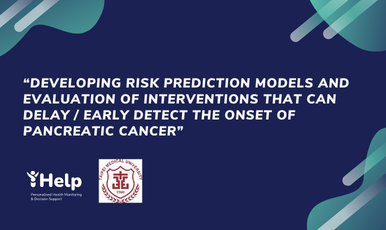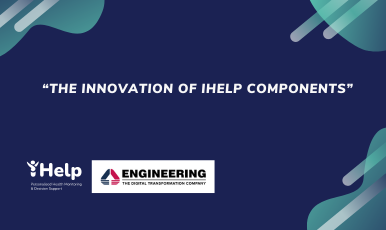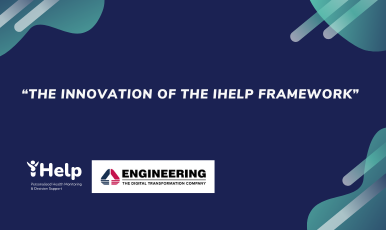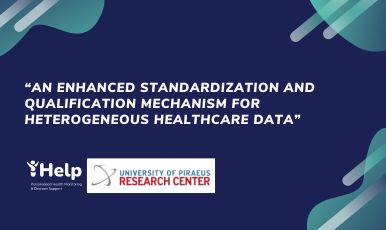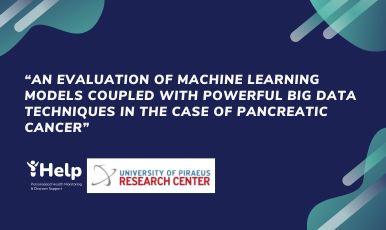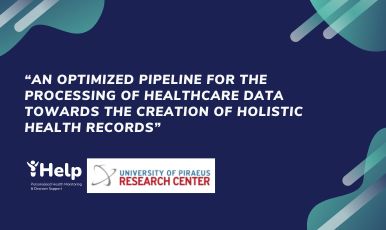The pilot program of our partner Taipei Medical University (TMU) is to predict people at high risk for pancreatic and liver cancer for early-stage management of the disease and further explore the effect of digital therapeutics solutions to improve lifestyle among these individuals.
The iHelp project offers a novel personalized healthcare platform that enables the collection, integration and management of health-related data from various sources. TMU, located in Taipei, Taiwan is the only university outside of the European Union in the iHelp project, with experience in the participation and accomplishment of H2020 research initiatives in the past few years. TMU has extensive clinical expertise in cancer research and a large dataset that is of high relevance to the iHelp work program. TMU has access to Taipei Medical University Clinical Data Repository (TMU-CDR) that contains: electronic health record (EHR) data, laboratory test reports, medications and materials used for 5million patients.
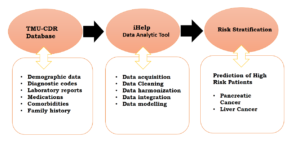
During the first phase, we will develop artificial intelligence (AI) based machine learning algorithms or deep learning technologies that will be applied on EHR data to predict high-risk individuals for pancreatic as well as liver cancer for the early management of modifiable risk factors (lifestyle, behavior) among these individuals. For risk prediction, the required variables for AI-based big data analytics would be considered from the TMU-CDR database. These variables include clinical visits, diagnoses, and medications in this study along with the records of pancreatic and liver cancer diagnostic tests and comorbidities.
During the second phase, we will conduct a digital healthcare trial using mobile apps on high-risk individuals in order to reduce the chances of disease risks, to improve their quality of life and overall well-being. To explore the effects of digital trial, an observational study would be conducted among the high-risk individuals susceptible to pancreatic and liver cancer.

During this trial, our mobile app will be used to collect subjective data from the subjects, such as basic user details, family history, habits, symptoms, subjective sleep assessment etc. In addition, the health recommender system will also send personalized tailored motivational messages to suggest healthy recommendations for an improved lifestyle. Thus, the digital trial will be focused to comply with the unmet needs for supportive care among high-risk individuals in our case- liver and pancreatic cancer.

